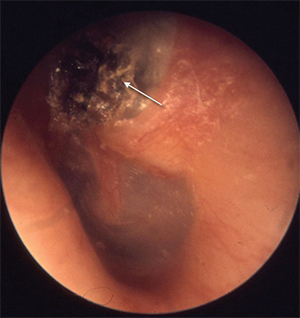As a best practice, it is reasonable to consider a sequential interventional approach for SSD patients


As a best practice, it is reasonable to consider a sequential interventional approach for SSD patients

The decision to proceed with elective neck dissection (END) is based on the probability of finding microscopic disease in a patient without clinical evidence of lymph node metastases

The use of therapeutic anticoagulation in the treatment of LST remains controversial

The decision to interrupt antiplatelet therapy must balance the patient’s thromboembolic risk and perioperative bleeding risk

Second-look procedures keeps overall recurrence from residual cholesteatoma rates similar to that of CWD procedures

Contaminated fluid could potentially contribute to sinonasal infections

SLNB has emerged as a powerful adjunct to END in early-stage OSCC to identify cervical metastases

Leech therapy is a temporary modality to decrease skin flap venous congestion until further revascularization occurs for venous outflow

Melatonin can be a useful tool to counter the effects of jet lag on human sleep-phase shifting when administered at the proper time

Future multicenter RCTs designed to investigate the use of lumbar drains in higher risk repairs are needed